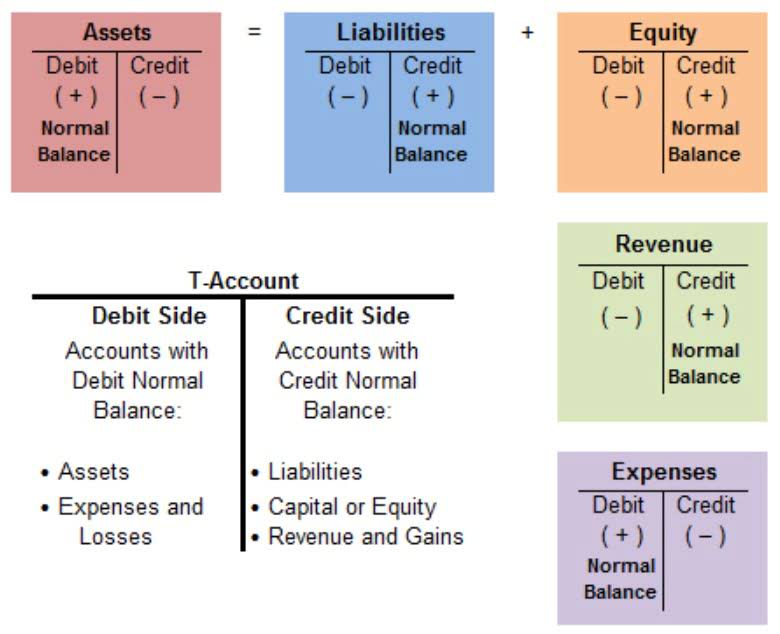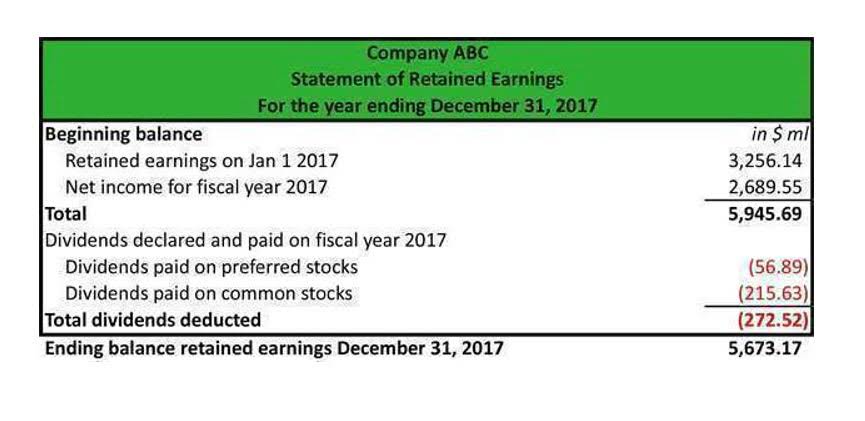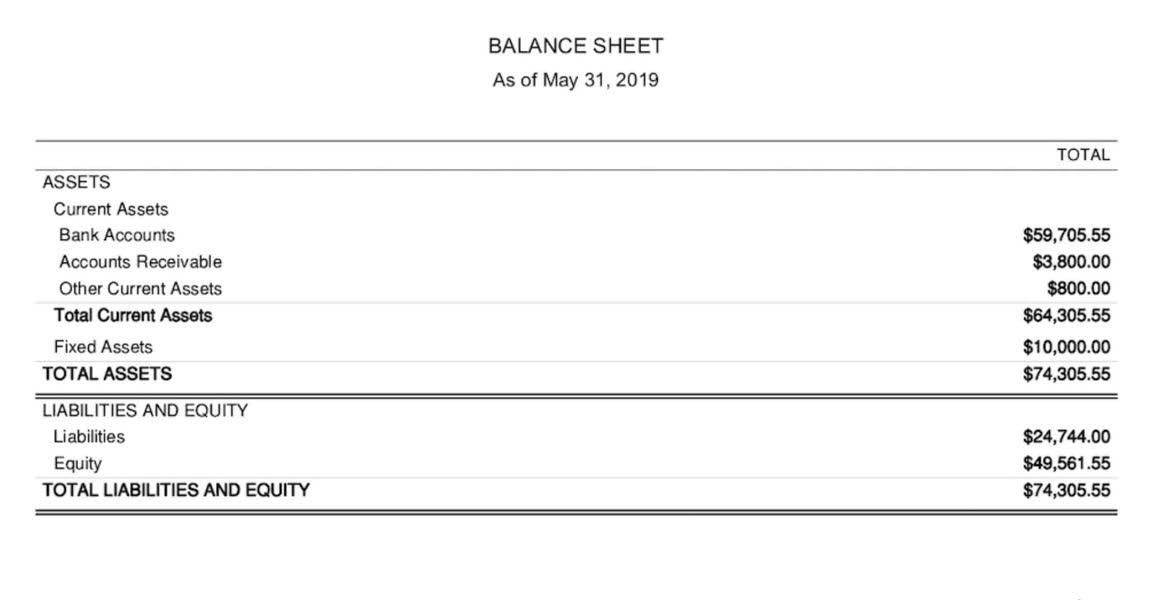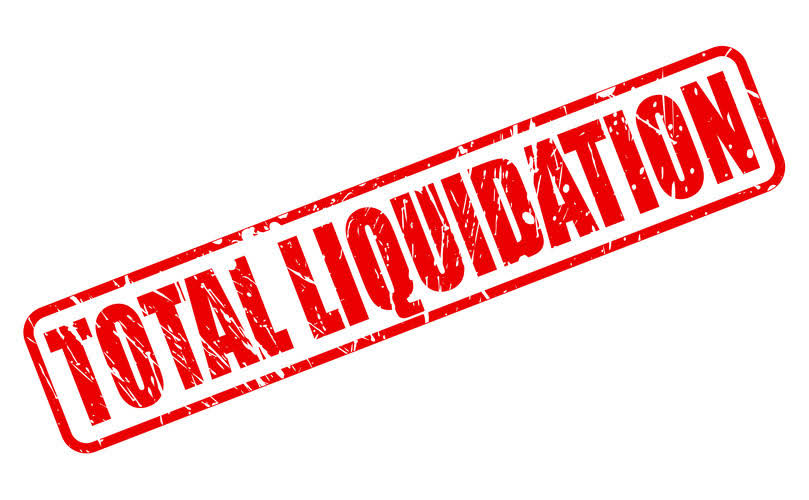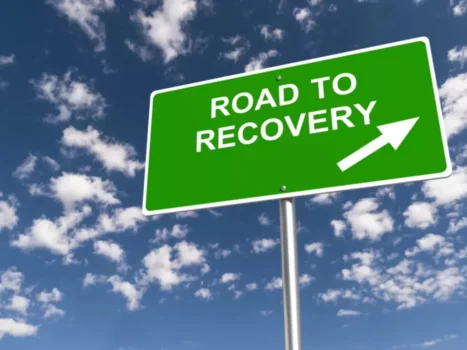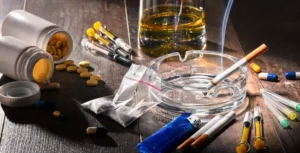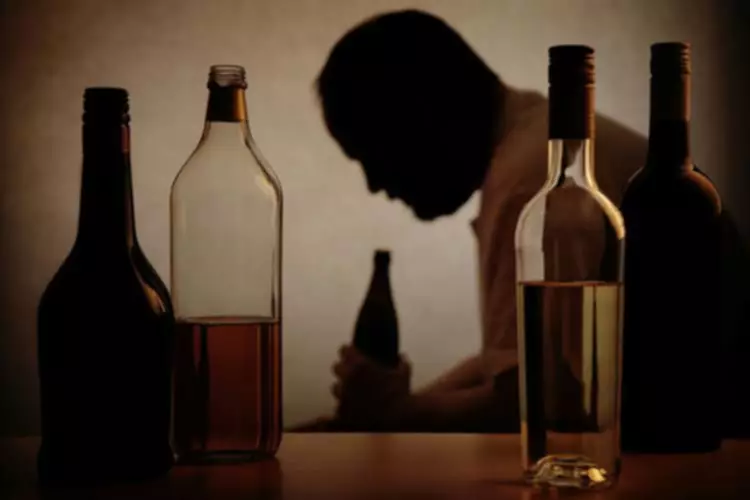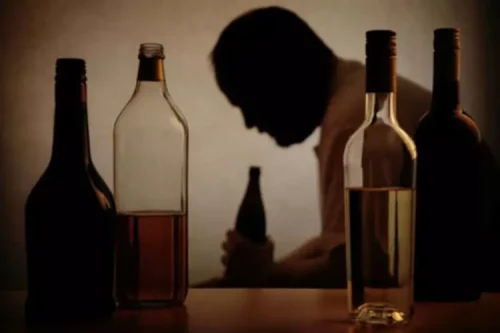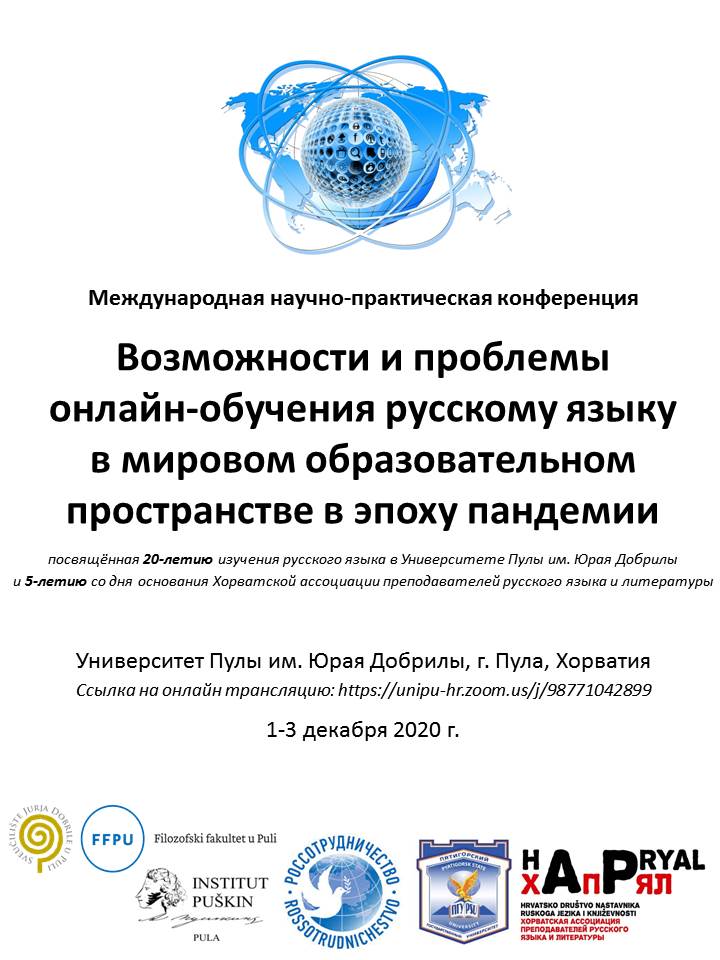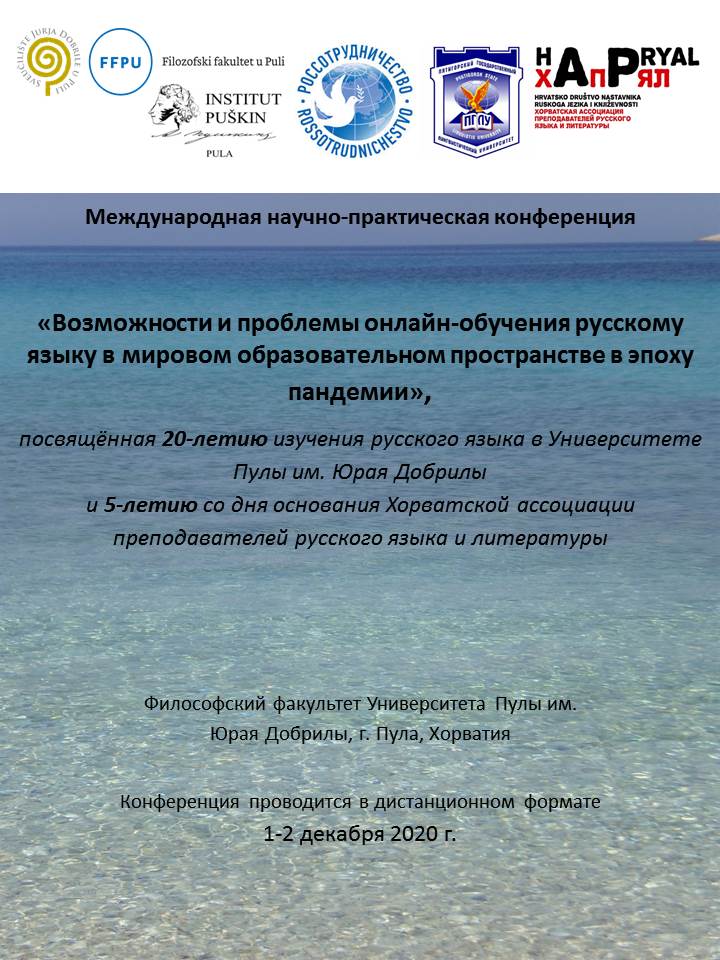
В 2021/2022 уч. г. в Нарвском колледже Тартуского университета (Эстония) открывается новая международная магистерская программа “Преподавание русского языка как иностранного”.
Программа рассчитана на 2 года и позволяет за 2 года получить филологическое и педагогическое образование: включает 2 предметных модуля (“Русский язык как система” и “Функционирование русского языка”), большой по объему психолого-педагогический модуль и педагогическую практику.Нарвский колледж имеет более чем 20-летний опыт в подготовке учителей русского языка как родного и как иностранного и огромный опыт в преподавании русского языка иностранцам (американским, французским, британским, шведским и т.д. студентам).
Колледж расположен в городе Нарве, на границе Европейского союза и России. Нарва — одно из лучших мест для совершенствования владения русским языком как иностранным и полного языкового погружения (для 95% населения города русский язык является языком домашнего общения).
Колледж располагается в одном из самых современных зданий Тартуского университета, построенном по уникальному архитектурному проекту. Новое общежитие колледжа было построено в 2020 г. и предлагает комфортные условия для жилья и отдыха (на первом этаже общежития располагается самый большой в городе бассейн).
Для поступления на программу необходимо иметь высшее образование (бакалаврскую степень по любой специальности) и владеть русским языком в объеме уровня В2.
Выпускники программы получат диплом магистра Тартуского университета, входящего в 1,2% лучших университетов мира.
Приём заявок в магистратуру заканчивается 15 марта 2021 г.
Более полная информация о программе доступна здесь:
https://www.narva.ut.ee/en/studies/teaching-russian-foreign-language-ma
Та же информация на русском языке:
https://www.narva.ut.ee/ru/postuplenie/magistratura-prepodavanie-russkogo-yazyka-kak-inostrannogo
Kontakt: Olga Burdakova
vene keele kaasprofessor | Tartu Ülikooli Narva Kolledž
E-mail: Olga.Burdakova@ut.ee | tel +372 740 1946
Raekoja plats 2, 20307 Narva, ESTONIA | www.narva.ut.ee

